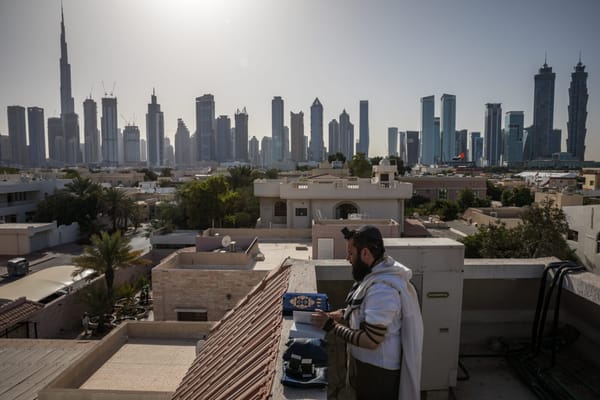"Iraq Is Not a Lost Battle"
Isam al-Khafaji, a contributing editor of Middle East Report, is an Iraqi social scientist. As a young faculty member and a left-wing intellectual, he was forced to leave Iraq in 1978 during campaigns of forced Baathification in higher education and repression of the left. Between that year and the









